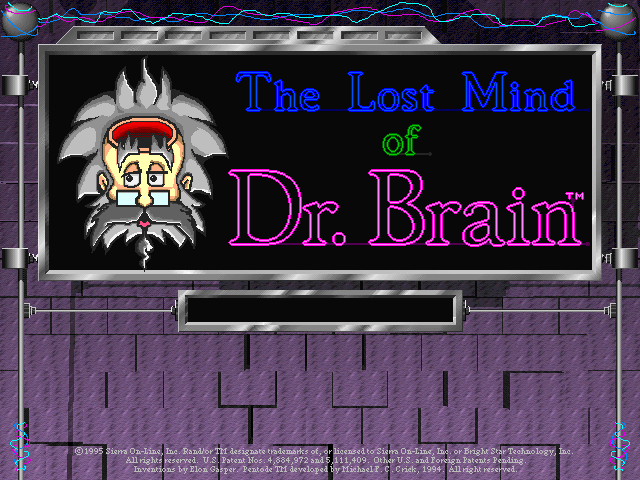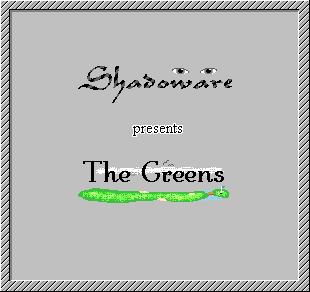The Lost Mind of Dr. Brain 

Quick, name a great edutainment game.
No, not The Oregon Trail again. Think harder.
The game you just thought about probably taught a single subject really, really well. Classics like Carmen Sandiego, Math Blaster, or even Mario’s Time Machine all focused on a single topic – geography, math, history, etc. – and drove it into children’s skulls with the hawkishnses of a car salesman, hoping they’d retain at least a little bit of whatever subject.
The Lost Mind of Dr. Brain is a little more ambitious if generalized in scope. It tackles the subject of brain functions, trying to expand players’ minds in comprehension, logic, spatial cognition, and linguistics. Not only does it work, it’s fun, and I had just as good of a time playing it as a twentysomething as I did as a hyperactive kid. » Read more about The Lost Mind of Dr. Brain



